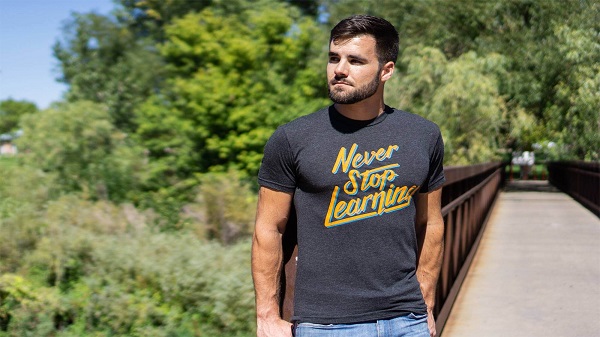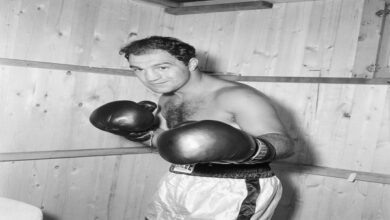
Thomas Frank is a well-known Thomas Frank – Author, YouTuber, and Founder who has been writing about politics and culture in America for over two decades. His work often focuses on the contradictions and complexities of American society, and the ways in which our expectations about how the world should work clash with the realities we actually face.
One of Frank’s key insights is that our expectations about the world are often shaped by myths and ideologies that don’t actually reflect the realities of the world we live in. For example, many Americans believe in the myth of the “American Dream” – the idea that anyone can achieve success and prosperity through hard work and determination. However, the reality is that upward mobility in America is becoming increasingly difficult, as inequality and economic stagnation continue to plague large portions of the population.
Frank argues that this gap between expectations and reality is at the heart of many of the political and cultural conflicts that define our society today. When our expectations are not met, we often become disillusioned, angry, or resentful. We may blame others for our failures, or we may become apathetic and disengaged from the political process altogether.
One example of this dynamic can be seen in the rise of Donald Trump and the populist movement he represents. Many of Trump’s supporters were disillusioned with the political establishment and felt that their expectations about the American Dream had not been met. They believed that the system was rigged against them, and that Trump was the only candidate who could shake things up and make things right. However, Trump’s promises of economic revitalization and cultural renewal proved to be empty, and many of his supporters ultimately felt betrayed by his presidency.
Frank’s work also highlights the role that cultural myths and symbols play in shaping our expectations about the world. For example, many Americans believe in the myth of the “rugged individualist” – the idea that success comes from individual effort and self-reliance. This myth is deeply ingrained in American culture, and it often leads us to blame individuals for their own failures, rather than looking at the broader structural factors that shape our lives.
Similarly, many Americans have deeply ingrained expectations about race, gender, and sexuality that are often at odds with the realities of diversity and inclusion in our society. These expectations can lead to misunderstandings, conflict, and discrimination, and they often prevent us from fully embracing the richness and complexity of our diverse communities.
In order to bridge the gap between expectations and reality, Frank argues that we need to be more honest about the challenges we face as a society. We need to acknowledge the ways in which our cultural myths and ideologies may be limiting our ability to see the world clearly, and we need to be open to new ideas and perspectives that challenge our assumptions.
Above all, we need to be willing to engage with the world on its own terms, rather than trying to impose our expectations and beliefs onto it. This means being open to the complexities and contradictions of the world we live in, and being willing to confront the difficult truths that may challenge our deeply held beliefs.
Conclusion
Thomas Frank’s work highlights the importance of understanding the gap between our expectations and the realities we face. By acknowledging this gap and being willing to engage with the world on its own terms, we can build a more honest, inclusive, and just society. Ultimately, it is only by confronting the complexities and contradictions of the world we live in that we can hope to create a better future for ourselves and for future generations.



